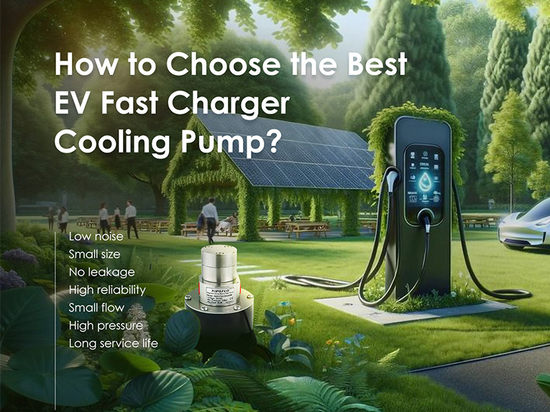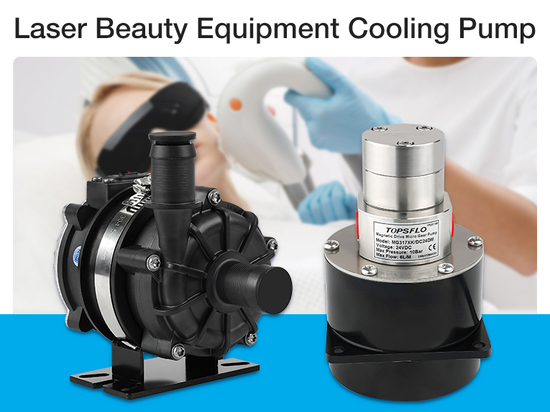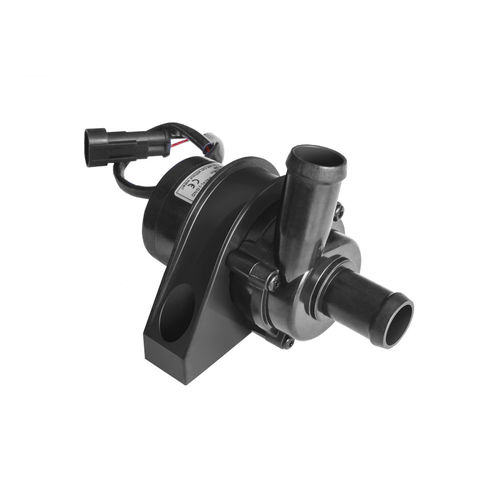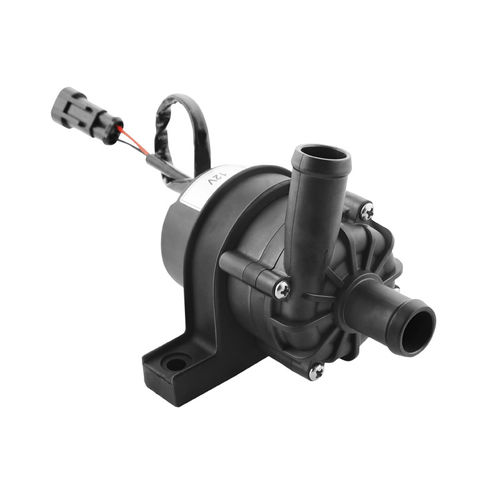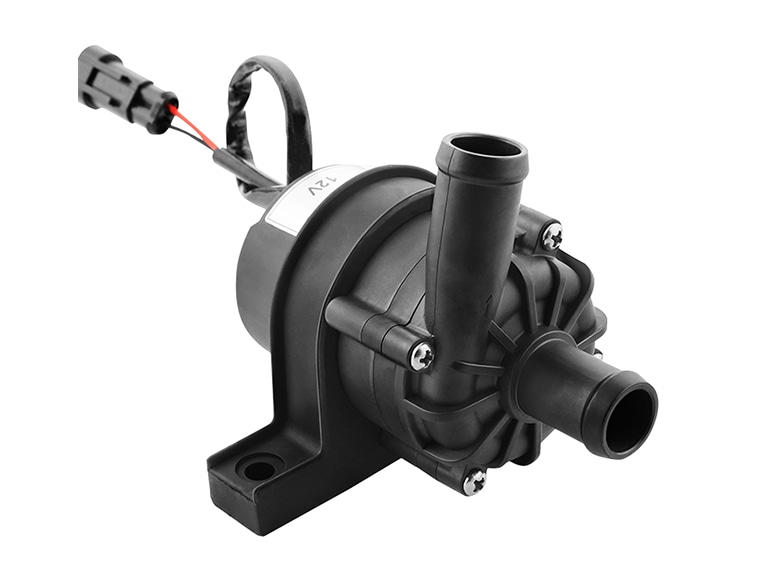
#Product Trends
How to choose a water pump meeting automobile power supply way?
Automobile Water Pump,Automobile Circulation Water Pump
As we all know, there are differences between the fluctuated automobile power supply voltage and the stable voltage of household, so the ability of water pump to resist voltage fluctuation is particularly important in automobile applications.
So how to choose a water pump meeting automobile power supply way? This article will discuss with you.
First, we need to understand the root cause of automotive voltage fluctuations.
Typically, the standard voltage is 12V for small and medium-sized cars, and 24V for large and heavy-duty vehicles. The basic power supply system voltage of most passenger vehicles (such as cars, SUVs, etc.) is 12V. The working voltage of the sensor inside the engine is 5V, and the on-board computer board also provides a voltage of 3.3V. Various peripheral devices usually use 12V power supply, such as electrical appliances on the vehicle, control modules, etc. Peripheral appliances such as lights, horns, engine cooling fans, wipers, instrument panel assemblies, control panels, audio, window motors, central locking, starters, and air-conditioning motors all use 12V voltage.
However, the actual 12V voltage is not fixed. If you measure the voltage across the battery with a multi-meter, you'll find a different value. After the vehicle is turned off, the battery voltage is usually between 12-13V, or even lower; and after the vehicle is started, the battery voltage will fluctuate in the range of 12-14V. Therefore, it is normal to measure the battery voltage in the range of 12-14V. The voltage supply of vehicle equipment is also limited to 14V, and the maximum withstand voltage is between 14-14.8V.
So, where does 14V come from?
It comes from the car's alternator. Although the starter no longer works after the vehicle is started, many electrical appliances start to run and consume electricity. If the generator can't replenish the power in time, the battery will run out of power very quickly. Therefore, when the engine is started, the generator also starts working immediately. In order to charge the battery, the output voltage of the alternator must be higher than the battery voltage. By creating a voltage difference, current flows from the alternator to the battery. However, this voltage difference should not be too large, otherwise the battery may be overcharged and damaged. Therefore, the maximum output voltage of the generator is limited to 14.5V.
Next, let's take a deeper look at how an automotive power system works.
The battery, generator and on-board electrical appliances are all connected in parallel. When the engine is running normally, the alternator not only supplies power to the on-board electrical appliances, but also charges the battery. When starting, the battery supplies power to the starter. The discharge warning light is used to indicate the charging and discharging status of the battery. The role of the regulator is to ensure that the generator can maintain a stable output voltage when the speed changes. The task of the automotive power system is to provide low-voltage DC power supply (usually 12V for gasoline vehicles and 24V for diesel vehicles) for all on-board electrical appliances to ensure the normal operation of various parts of the vehicle.
The voltage of the car power supply can be divided into the following two situations:
12V system: The no-load voltage of the battery is about 13 volts, and the load voltage should not be lower than 11 volts, otherwise it may cause difficulty in starting.
24V system: The no-load voltage of the battery is about 26 volts, and the load voltage should not be lower than 22 volts to avoid difficulty in starting.
When the generator starts generating power, the voltage should be between 13.5-14.5 volts for a 12V system, and between 27-29 volts for a 24V system.
Under the premise of knowing the rated voltage, what factors will affect the selection of a suitable automobile water pump?
1. Rated power of the pump: An increase in the power of the pump results in an increase in the required voltage. If a low voltage is input into a high-power automobile water pump, not only will the efficiency be low, but the motor may even be damaged.
2. Stability of power supply: Water pumps usually need to run for a long time, unstable power supply will have a negative impact on it, and even damage the motor. Therefore, when choosing the rated voltage of the automobile water pump, the stability of the power supply is very important. If the power supply is unstable, it is recommended to consider installing a voltage stabilizer.
After receiving the automobile water pump, how to confirm its rated voltage?
1. Check the pump itself: Most pumps have voltage information marked on the body. By checking these markings, you can confirm the rated voltage of the pump.
2. Check the product manual: The product manual usually clearly states the rated voltage of the pump, and the voltage requirements of the pump can be confirmed by reading the manual.
3. Consult the manufacturer: If the above methods cannot determine the rated voltage of the pump, you can directly contact the pump manufacturer for answers.
After determining the rated voltage of the pump, be sure to choose a power supply that matches the rated voltage of the pump to avoid possible failures and equipment damage.
Over the years, TOPSFLO has been committed to the R&D, design and production of brushless DC water pumps. The TA50 and TA60 automotive water pumps adopt a special electronic design scheme, which can run stably under the complex situation of car charging and discharging. This makes the automotive electronic water pump not affected by the high peak voltage of the automotive power supply, and can run stably and durably under various voltage conditions.
Operating voltage range for 12V automotive pump: 9V-18V.
Operating voltage range for 24V automotive pump: 18V-32V.
This wide operating range far exceeds the fluctuation range of the power supply voltage, providing users with a reliable guarantee.


